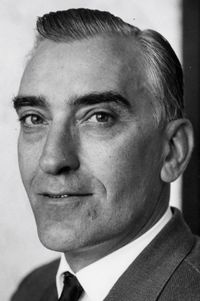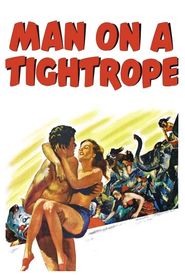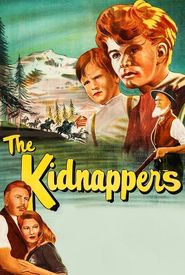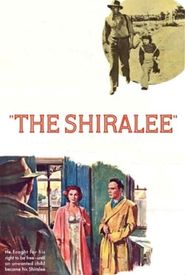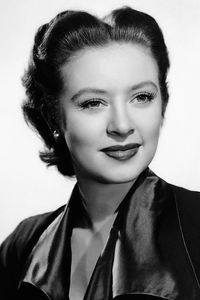Neil Paterson, a renowned Scottish novelist and screenwriter, embarked on a journey that diverged from his initial intention to follow in his father's footsteps and become a solicitor. Instead, he pursued his passion for football, joining Edinburgh University AFC and subsequently playing for Buckie Thistle in the Highland League, Leith Athletic in the Scottish League, and captaining Dundee United in the 1936-37 season. However, he eventually decided to hang up his cleats and transition into sports journalism, securing a position with DC Thomson.
Personal life beckoned, and he married Rose MacKenzie in 1939. The outbreak of World War II led him to join the Navy, where he served during the conflict. Following the war, Paterson returned to his writing roots and published his debut novel, On my Faithless Arm, in 1946 under the pseudonym John Kovack. Two years later, his second novel, The China Run: Being the biography of a great-grandmother, hit the shelves.
Paterson's writing career continued to flourish, and in 1951, Hodder & Stoughton published a collection of short stories titled And Delilah: Nine stories. This collection featured a short story called Scotch Settlement, which Paterson himself adapted into the screenplay for the film The Kidnappers, marking the beginning of his successful career as a screenwriter.
In 1959, Paterson's hard work paid off when he won the Academy Award for Best Adapted Screenplay for Room on Top, based on the novel of the same name by John Braine. This prestigious accolade solidified his reputation as a masterful screenwriter and cemented his legacy in the world of cinema.
